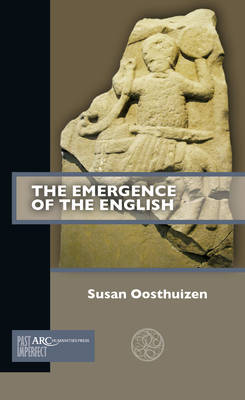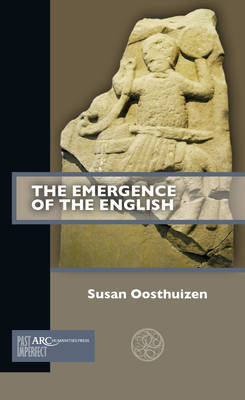
- Afhalen na 1 uur in een winkel met voorraad
- Gratis thuislevering in België vanaf € 30
- Ruim aanbod met 7 miljoen producten
- Afhalen na 1 uur in een winkel met voorraad
- Gratis thuislevering in België vanaf € 30
- Ruim aanbod met 7 miljoen producten
Zoeken
€ 24,45
+ 48 punten
Omschrijving
This book takes a critical approach to the assumption that the origins of the English can be found in fifth- and sixth-century immigration from north-west Europe. It begins by evaluating the primary evidence, and discussing the value of ethnicity in historical explanation. The author proposes an alternative explanatory model that sets short- and medium-term events and processes in the context of the longue durée, illustrated here through the agricultural landscape. She concludes that the origins of the English should rather be sought among late Romano-British communities, evolving, adapting, and innovating in a new, post-imperial context. Though focusing on England between the fifth and seventh centuries, this volume explores themes of universal interest--the role of immigration in cultural transformation; the importance of the landscape as a mnemonic for cultural change; and the utility of a common property rights approach as an analytical tool.
Specificaties
Betrokkenen
- Auteur(s):
- Uitgeverij:
Inhoud
- Aantal bladzijden:
- 148
- Taal:
- Engels
- Reeks:
Eigenschappen
- Productcode (EAN):
- 9781641891271
- Verschijningsdatum:
- 30/04/2019
- Uitvoering:
- Paperback
- Formaat:
- Trade paperback (VS)
- Afmetingen:
- 109 mm x 178 mm
- Gewicht:
- 136 g

Alleen bij Standaard Boekhandel
+ 48 punten op je klantenkaart van Standaard Boekhandel
Beoordelingen
We publiceren alleen reviews die voldoen aan de voorwaarden voor reviews. Bekijk onze voorwaarden voor reviews.











